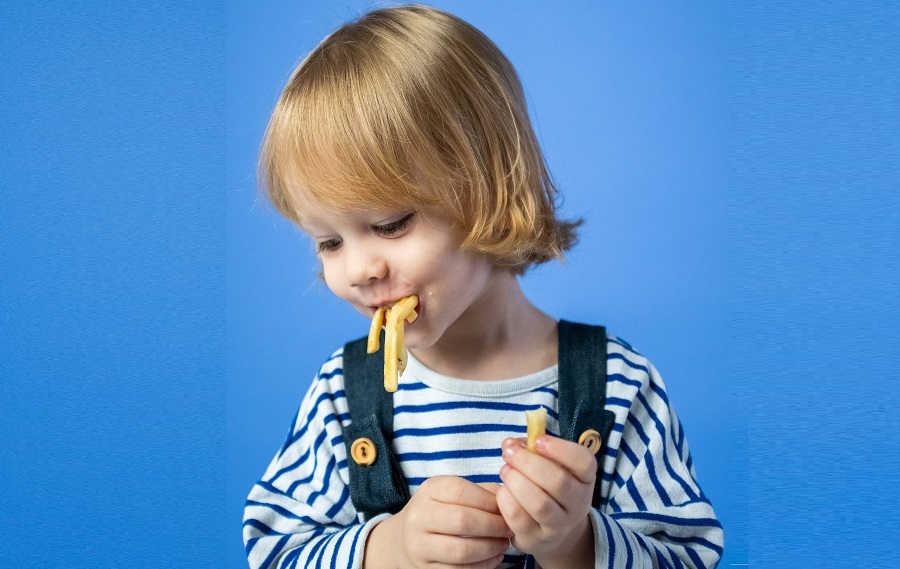Children are picky eaters, yet one of a parent’s primary tasks is to get them to consume a very well diet and to emphasize the value of a nutritious diet. For appropriate development and growth, your child requires a balanced diet. Protein should also be a significant portion of his diet. Protein is essential for children during their developing years, so keep track of your child’s consumption.
What Is the Importance of Protein in Children?
- It aids in the immune system’s strengthening.
Protein can aid in the maintenance of a child’s immune system, allowing him to better fight illness bacteria and viruses. Proteins act as antibodies, assisting the immune system in its activity.
- It is a good energy source.
Carbohydrates are essential for the body to produce energy. When carbs are scarce, the body can rely on proteins to provide calories and power.
- It aids in the manufacture of haemoglobin.
Protein aids in the formation of haemoglobin, an essential component of blood that transports oxygen to all regions of the body.
- It aids with muscular development.
Protein aids in the formation, maintenance, and replacement of tissues in the body. Protein is the most vital ingredient for muscle growth and is the building block of life.
- It aids in the acceleration of metabolism.
Proteins, in the shape of hormones and enzymes, guarantees that the body’s metabolism is in good working order.
- It encourages cell division.
Protein is required for the body’s cell production and regeneration. It aids in the replenishing of blood, the healing of wounds, and the regulation of hair and nail development.
How Much Protein Do Children Require on a Daily Basis?
Protein requirements for children of various ages are listed below:
- 7 grammes of protein per day for children aged 0 to 6 months.
- 8 grammes of protein per day for children aged 6 to 12 months.
- 13 grammes of protein per day for children aged 1 to 3 years.
- 19 grammes of protein per day for children aged 4 to 8.
- 34 grammes of protein per day for children aged 9 to 13.
What Are Some Great High-Quality Protein Sources?
- Dairy
Protein is found in dairy products like cheese, yoghurt, curd and cottage cheese. Make sure your child gets enough dairy products on a daily basis.
- Lean meat
Protein is abundant in lean meats such as skinless chicken. Your child will get enough of protein and a wonderful taste from a delicious chicken curry or a chicken starter.
- Soy and soy products
Soy and its variants are a fantastic protein source that can act as an alternative to animals’ meat. They also include important elements like iron, vitamin B and zinc. Soybean and its products, such as tempeh, tofu, enhanced soy milk, and miso, are suitable for vegan and vegetarian youngsters.
- Beans, lentils, peas.
Beans, lentils and peas are excellent sources of plant-based, high-quality protein that can provide vegetarian and vegan children with a variety of micronutrients and dietary fibre. Experts recommend that children consume 2 to 3 portions of these types of food each day to get the most out of them.
- Tuna and salmon
Tuna and salmon, for example, are protein-rich foods that are also high in omega-3 fatty acids, selenium, vitamin B12, vitamin D, iodine, and zinc. These nutrients aid in a child’s growth and development. As a result, specialists recommend children to eat two meals of low-mercury fish every week.
- Nuts and seeds
Almonds, walnuts, cashews, chia seeds, pecans, chia seeds, sesame seeds, and flax seeds are just a few of the typical nuts and seeds that youngsters can eat on a daily basis as part of a healthy diet. Children will enjoy nuts and seeds as fast snacks since they are high in healthy fats, fibre and vitamin E.
![]()











